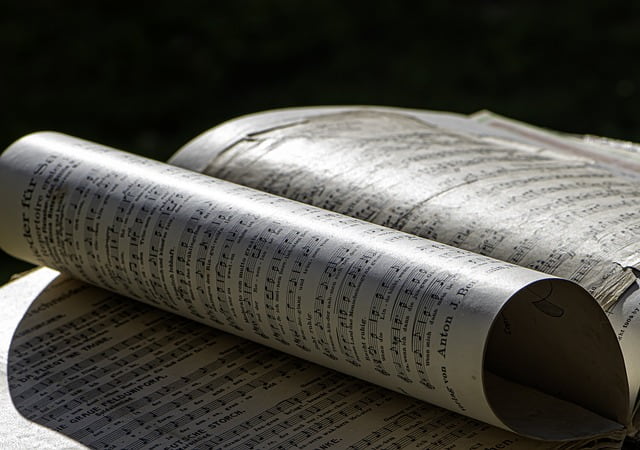
Music, a universal language that transcends borders and cultures, has long held a profound connection with politics and society. Its ability to evoke emotions, inspire movements, and challenge norms has placed it at the forefront of social and political change. Music serves as a reflection of political climates, mirroring the hopes, struggles, and aspirations of the people.
In some cases, music has been used by security services like security services Maryland, to manipulate and control populations. For example, the Nazis used music to promote their ideology and to demonize their enemies. However, music has also been a powerful tool for resistance against oppressive regimes. For example, the songs of Victor Jara and Violeta Parra became anthems of the Chilean resistance against the Pinochet dictatorship.
Music can be a powerful force for good or evil, depending on how it is used. It is important to be aware of the power of music and to use it responsibly.
Music as a Mirror of Political Climates
Music has the power to capture the essence of a political climate, providing a poignant soundtrack to the times. During periods of oppression and injustice, music becomes a vehicle for protest and resistance. Songs like “We Shall Overcome” and “Bella Ciao” have become anthems of resilience and hope in the face of adversity.
Conversely, in times of peace and celebration, music reflects the joy and unity of a society. Songs like “Imagine” and “Happy Day” embody the collective aspirations for a better world. Music has the ability to unite people across divides, fostering a sense of shared humanity.
Iconic Instances of Music in Political Movements
Throughout history, music has played a pivotal role in galvanizing political movements and shaping societal perspectives. Some of the most iconic examples include:
-
The Civil Rights Movement: Music was a powerful tool in the struggle for civil rights in the United States. Songs like “We Shall Overcome” and “This Little Light of Mine” became anthems of the movement, inspiring hope and resilience among activists.
-
Anti-Apartheid Movement: Music was a key element in the fight against apartheid in South Africa. Songs like “Nkosi Sikelela” and “Bring Me My Liberation” became symbols of resistance and hope, helping to mobilize international support for the cause.
-
Solidarity Movement in Poland: Music played a significant role in the Solidarity movement in Poland during the 1980s. Songs like “Mury” and “We Are the World” became anthems of resistance against the communist regime, inspiring people to demand freedom and democracy.
These examples highlight the immense power of music to mobilize people, raise awareness of social and political issues, and inspire change.
The Broader Impact of Art in Shaping Societal Perspectives
Art, in all its forms, has the ability to shape societal perspectives, challenge norms, provoke thought, and promote understanding. Music is a particularly powerful form of art, as its ability to evoke emotions and connect with people on a visceral level makes it an effective tool for social commentary and change.
Music can challenge stereotypes, promote diversity and inclusion, and give voice to marginalized groups. It can also foster empathy and understanding between different cultures and communities, helping to break down barriers and build bridges.
READ ALSO: Rise of Music Festivals in Popular Culture
Conclusion
Music and politics are intertwined, each influencing and shaping the other. Music serves as a mirror of political climates, reflecting the hopes, struggles, and aspirations of the people. It has the power to galvanize movements, inspire change, and shape societal perspectives.
As we continue to navigate the complexities of the political landscape, music remains a powerful force for unity, resistance, and hope. It reminds us of our shared humanity and the potential for positive transformation.
